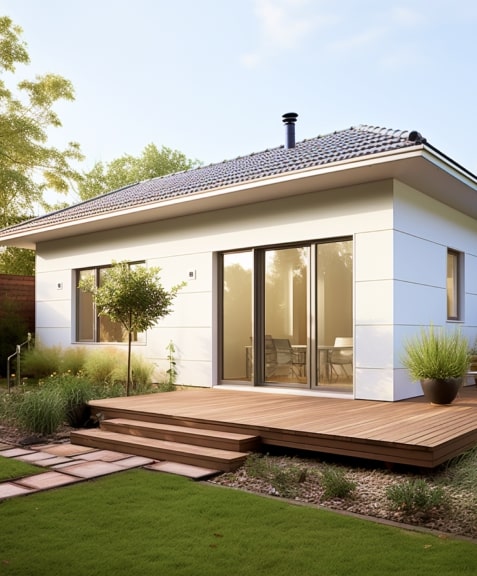



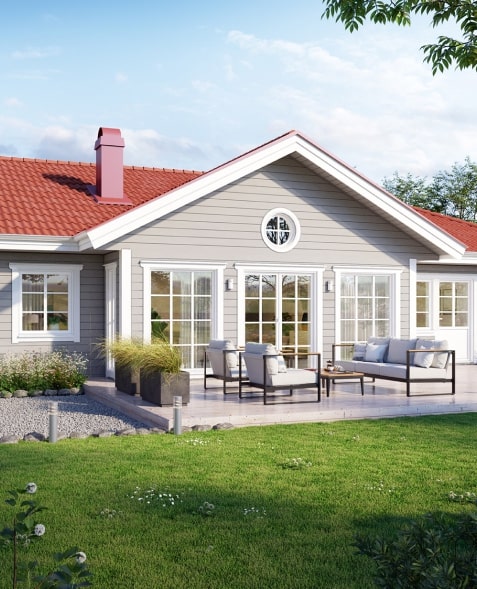

A link to download your FREE brochure will be in your inbox in 3 minutes
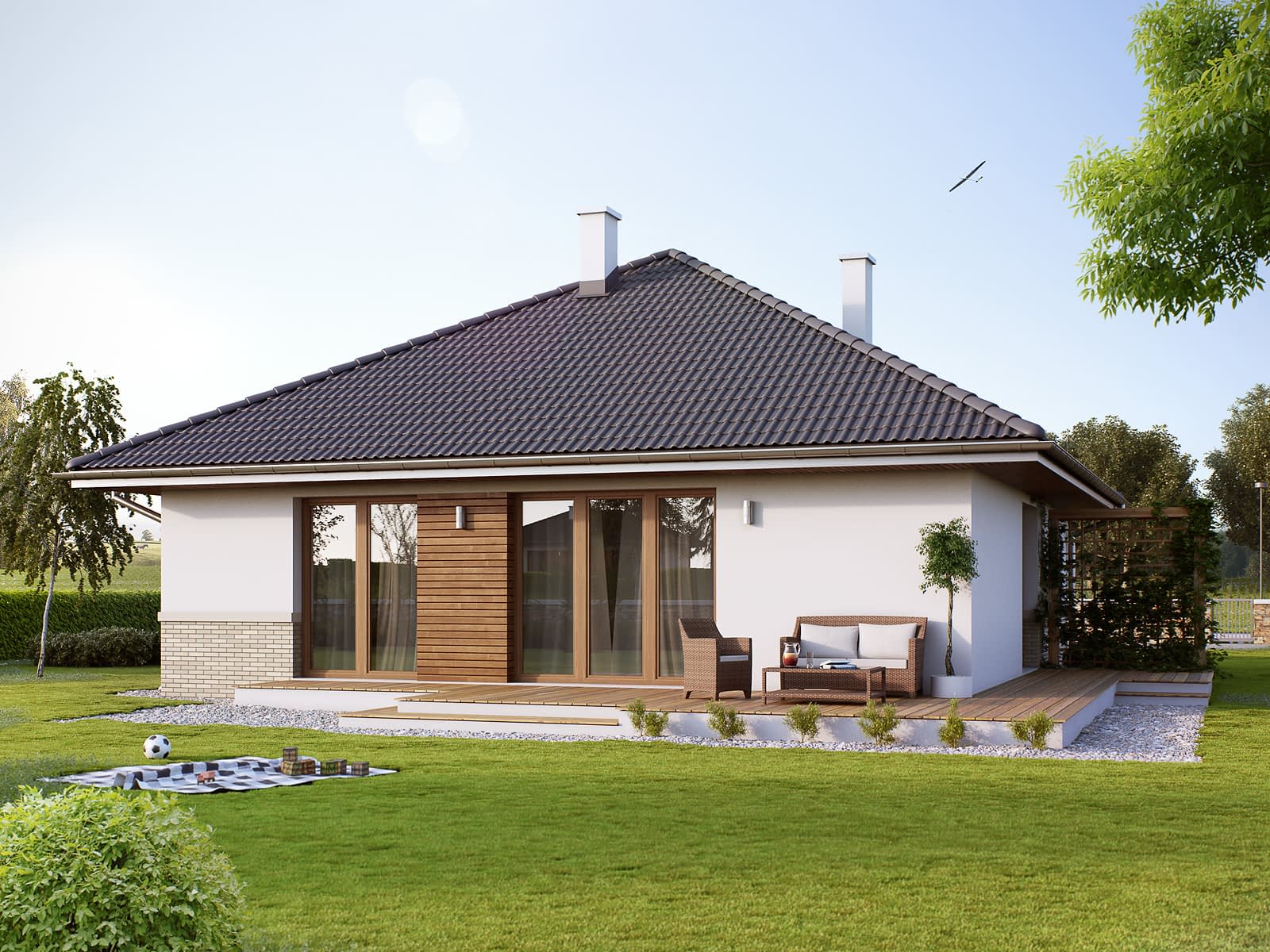





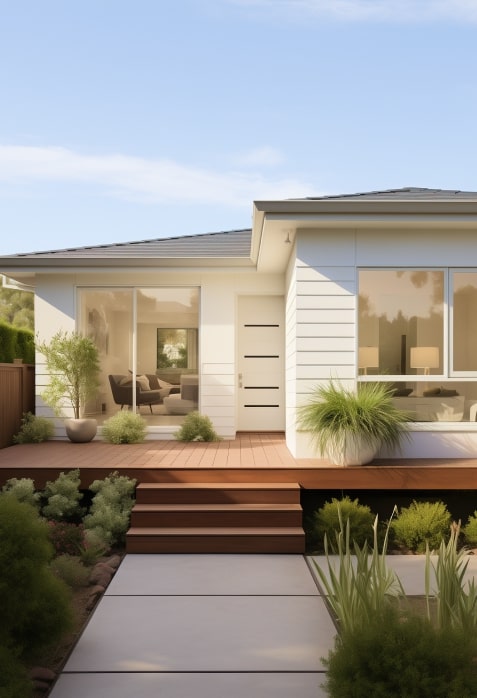












The final price may vary based on project specifics.
To get a free accurate quote tailored to your needs, book a consultation with us today!

The price per square foot provided is an average and may vary depending on project-specific details such as materials, location, complexity, and other factors. Actual costs may differ from the average provided.
It is recommended to obtain a detailed quote based on the specific requirements of your project.

Please note that the monthly payment displayed on this page is an estimate and is subject to variation based on the selected loan product, applicants credit score, loan amount, and other financial details. Actual monthly payment may differ from the estimate provided.
It is recommended to seek advice from a financial advisor or loan officer to obtain precise payment information tailored to individual circumstances.
 Your Trusted
Local Contractor
Your Trusted
Local Contractor
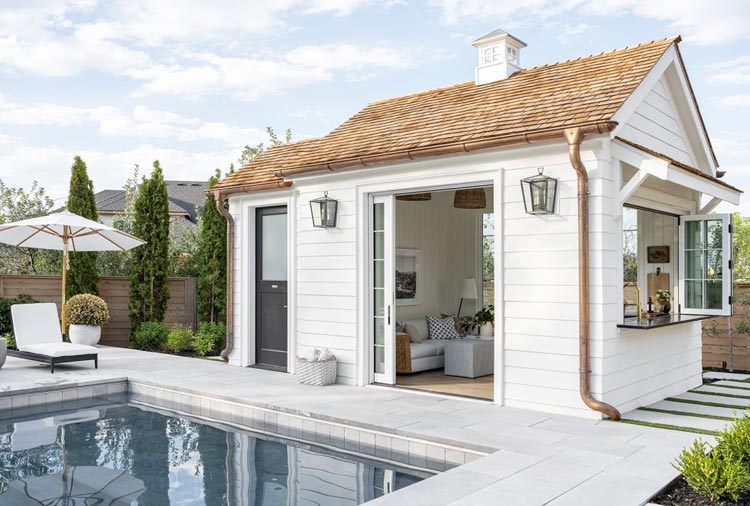
Building a house is a huge step in life for all of us. Nevertheless, even after a person becomes the owner of a cozy and comfortable living space, he wants something more. There are many options for modernization, from the construction of small sheds for gardening to the addition of a stylish deck for warm evenings with the family. However, among the thousands of options, there is a project that attracts the attention of almost every homeowner, and this is a pool house or just a pool without an additional residential zone.
If you dream of organizing a pool area, but do not know what steps to take for this idea realization, then you are in the right place. Today we will analyze the process of obtaining a permit for swimming pools under a microscope, reveal all the myths about pool permit cost, and also tell you what regulations you should follow for a successful swimming pool installation.
When the idea of creating a dream pool begins to turn into practical steps, many property owners think that they can build it with their own hands without the intervention of experts. They do this without getting approval from the local construction department.
However, this is a deliberately false judgment, and that’s why:
In addition, it is worth noting that the construction of any pool, whether we talk about the above or in-ground pool configuration, is a difficult task that requires special skills and knowledge. Only specialists can organize the installation process in such a way as to make the swimming pool safe and reliable and not harm the ecosystem of your residential area.
The appearance of any additional structure on your site, whether it is a small guest house, detached ADU or new pool, requires permission. However, what actions do you need to perform to get this permission? That’s right, firstly, you need to ensure compliance with all local rules and requirements. Swimming pools are very different from any existing structures, so local municipalities set specific requirements for their construction.
Regardless of the town or county of residence, the property owner does not have the right to install the pool wherever he wants, as there are setback requirements. Fortunately, they are the same for above and in-ground pools, specifically, 5 ft. from residential buildings, the same number of feet of site boundaries, and 6 ft. value is the rear yard setback. However, it is worth noting that minimum values can vary from one county to another.
Everyone knows that it is impossible to obtain a building permit without observing safety measures, and the pool is also in this category. In the case of pool permits, the main safety requirement is directly related to electricity because these are absolutely incompatible and life-threatening elements. Accordingly, to successfully issue a pool permit without nerves, you need to ensure the modernization of electrical systems, protect them from droplets, and exclude the use of portable devices, e.g., extension cords.
Another safety requirement is the construction of fences around the pool area. In terms of fence regulation, two factors play the greatest role, namely, the presence of gates for above ground pools and stairs for in-ground pools, as well as ensuring the required height of fences, which in almost every city is equal to 4 feet.
Getting a pool permit is a lot of paperwork, so before you go to the local building department, you need to prepare certain materials. The basic set of documents includes such items as an application for a swimming pool permit, a site plan, a project prospectus indicating the structure of the entire pool and all indicators from the size of property lines to the height of fences, a project estimate, as well as a paper that confirms your ownership or closing documents, which is evidence of the transfer of the site to your possession.
To get approval for the construction of a swimming pool, you may have a necessity to comply with some special rules, therefore, it makes sense to prepare for them in advance. For example, the authorities may organize several inspections of your site and pool, ask for a technical description of the pool or confirm compliance with sanitary standards.
On the whole, each building project is unique, as each property owner imagines the ideal swimming pool in a different way. Therefore, to successfully issue a pool permit, it is necessary to carefully study all the building codes of your city and responsibly approach the interaction of building departments. This is because specialists from these institutions appreciate when homeowners clearly follow the established regulations.
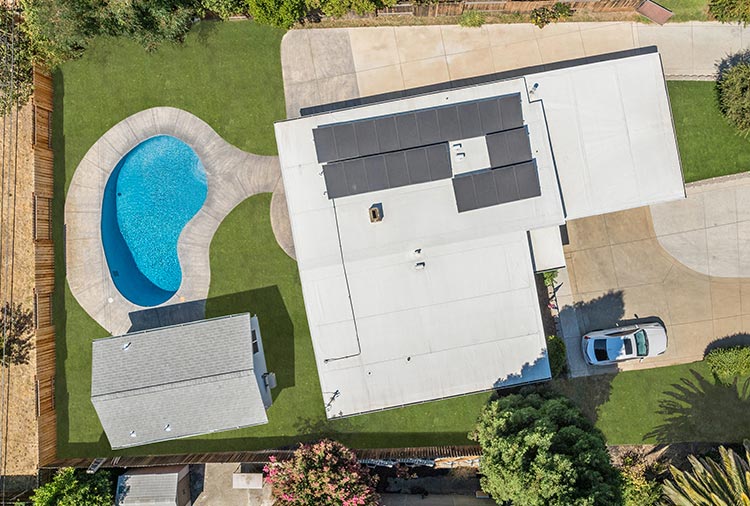
When building a house or an additional residential unit, homeowners need to follow a clear algorithm of actions to obtain a building permit. The same rule applies to permits for different types of swimming pools. If you ask, where can I find this manual?
Then we will answer that you do not need to go anywhere because here is a complete guide for obtaining a swimming pool permit:
Overall, we live in a digitized world, so you can perform all the steps remotely, from filling pool permit applications to paying permit fees. However, to make this task easier, we recommend visiting the office because, during live communication, officials will not only help you with most of the nuances but also get to know you better as a homeowner. This factor is one of the most powerful for quick and successful registration of a building permit for your pool.
We have come to the culmination of our review, namely, the analysis of the pool permit cost. Understanding the financial side of obtaining permits is the most difficult part. However, we will try to tell you about it simply and clearly. Today, a homeowner can estimate the final pool permit cost in two ways.
The first way has a close relation to the specialists from the building department, who set the amount of the permit fee for every thousand of the overall value of your swimming pool. For example, if the permit fee is $20 and your pool costs $50000, then the final permit cost will be $1000.
The second way is to summarize pool permit fees of different categories. Depending on the location of your county, the authorities may require you to pay zoning fees, building fees and electrical fees, the amount of which may also vary. It is crucial to note that the above and in-ground pool installation methods may differ, as well as the final permit cost.
Get a First Look at Real ADU Projects